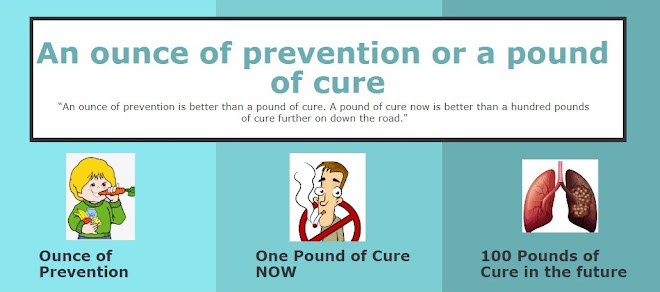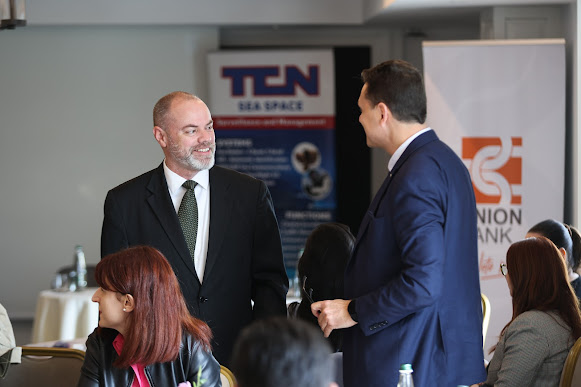At the opening of the 4th Leadership Forum on April 25, I told a story about Gordon Anaple, a mentor in my teenage years who inspired me to live with integrity.
At the next session, Mark Crawford referenced a quote attributed to Warren Buffet and others. It goes something like this, “An ounce of prevention is better than a pound of cure. A pound of cure now is better than a hundred pounds of cure further on down the road.” Mark emphasized the importance of taking proactive measures in management rather than hoping a problem will go away and then facing the need for a more involved intervention.
“That’s it!” I realized. Gordon had offered me “a pound of cure” when he addressed my attitude that night about 30 years ago. And he’d helped me avoid needing 100 pounds of cure further down the road.
In this post, I’ll tell the story about Gordon and I’ll challenge you to consider what a pound of cure now would look like for you.
An Apple a Day
There’s a lot of truth to the old adage, “An apple a day keeps the doctor away.” If we believed we could avoid the flu, covid-19 proved us wrong. Yet healthy habits–such as eating well and exercising–do a lot to prevent health problems.
A Pound of Cure for my Back
I herniated a disc in my back and got surgery when I was 25 years old. For nearly 20 years, I did back exercises every single day. This past fall, I started skipping out, and I had my first relapse of back pain.
An ounce of prevention – just 5 minutes every morning would have been much better than what I had to go through for the pound of cure this fall. But the injections administered at the American hospital as soon as I felt pain were much better than what would have happened if I waited longer in the hope that the pain would go away!
This principle is just as true in relationships as it is for our health.
Not on My Court!
During my second year of high school, I showed up at a Salvation Army gym to play basketball every Friday night. Yes, every Friday! I even skipped the homecoming dance to play basketball that year. Gordon Anaple, my Young Life leader at Finneytown High School and a mentor, opened the gym and 10 to 30 guys would show up to play for hours.
“I hadn’t recovered well from earlier that day.”
One Friday, I showed up ready to pick a fight. I hadn’t recovered well from earlier that day. I remember getting punched in the eye by a 5-year kid at a program I volunteered for. I took a deep breath and looked him in the eye, certain that I was responding with the appropriate level of firmness. “Michael, we don’t punch people,” I told him. He didn’t punch me again. Instead, he tried to throw the toy car in his other hand at me. “I’ll never make a difference,” I told myself as I walked out of the building.
I was nursing a grudge when I showed up for basketball that night. I felt like a failure. And I desperately wanted approval. At one point, Gordon and I collided on the court. I made a shot. Then, I turned around and yelled at him, “NOT IN MY GYM!” It was loud enough for everyone to hear. Gordon didn’t respond at the moment. I felt embarrassed about what I said and avoided him for the rest of the evening.
Later that night, we piled into his car, and he drove us home. He first dropped the other guys off and then pulled up to my parents’ home.
“Josh, I really care about our friendship, and I felt bad about what happened on the court and what you said,” Gordon began.
Gordon opened up the Bible and read a part about how important it is to not allow a day to end while you are still angry with another person. As I listened to him, I realized, “This isn’t about Gordon getting an apology. Rather, he wants me to be able to go to sleep that night without holding a grudge.”
Tears filled my eyes as I acknowledged what had happened.
You’ve Got Mail
Five years later, I was running up and down a basketball court at Wheaton College. I had eaten lunch with about half of the guys in the gym. A few of them I met for the first time. For me, the competition and intensity of basketball bring out things that are a part of me that I don’t often see in other areas of life. The same was true for one of my floor mates.
“What in the world did he just say?” I thought to myself. Then I heard him again and again. The words he said aren’t nearly as important as his response to me. We were leaving for winter break the next day. Email was still a relatively new thing at that time (hard to believe I’m that old!), so I decided to write my thoughts in a letter.
“I have grieved you.”
I still have his hand-written response that came to my parents’ home in Cincinnati shortly after Christmas. It began with something like this: “I have grieved you, and that’s enough for me to realize I need to apologize.” When we returned after winter break, we embraced each other – friends with nothing between us.
A Pound of Cure for Managers
“What does this have to do with the people I’m leading?” you might be wondering. First, teaming involves a series of interconnected relationships to accomplish shared goals and vision. Second, this principle also explains the importance of addressing issues and problems within organizational structures. Click here for the full infographic below to learn more about how each of the areas below can be applied to challenges in people management. I also include a book I’d recommend for each of the three stages.

Do you need a pound of cure?
If you missed the ounce of prevention this past year, what would a pound of cure look like now?
All of us want to take proactive measures to prevent problems from happening, but sometimes we miss the warning signs. Other times, problems occur that are unavoidable. In such cases, taking action and administering a pound of cure is crucial. This could mean having a difficult conversation, taking ownership of a mistake you have made, or seeking more intervention if necessary.
Need 100 pounds of cure?
You might be looking at your situation thinking, “Josh, a pound of cure won’t fix this.” You or someone else avoided addressing the problem in the early stages, so now you are faced with a crisis. A crisis that will take 100 pounds of cure to remedy. At this point, taking responsibility is just the start. Much more is needed for the problem to be solved.
Bottom Line
“An ounce of prevention is better than a pound of cure” is a powerful reminder of the importance of taking proactive measures to prevent problems from happening. However, you must take action if you’ve missed the warning signs. Now. It’s time to roll up your sleeves and get to work!

